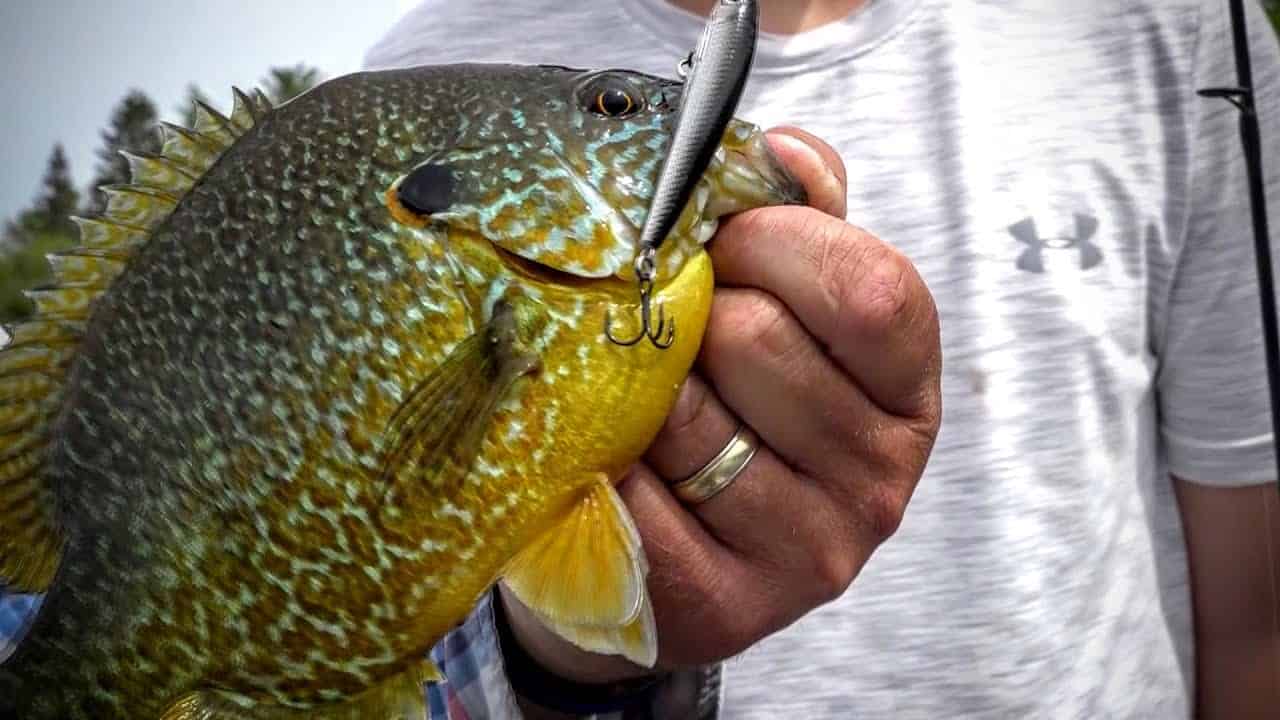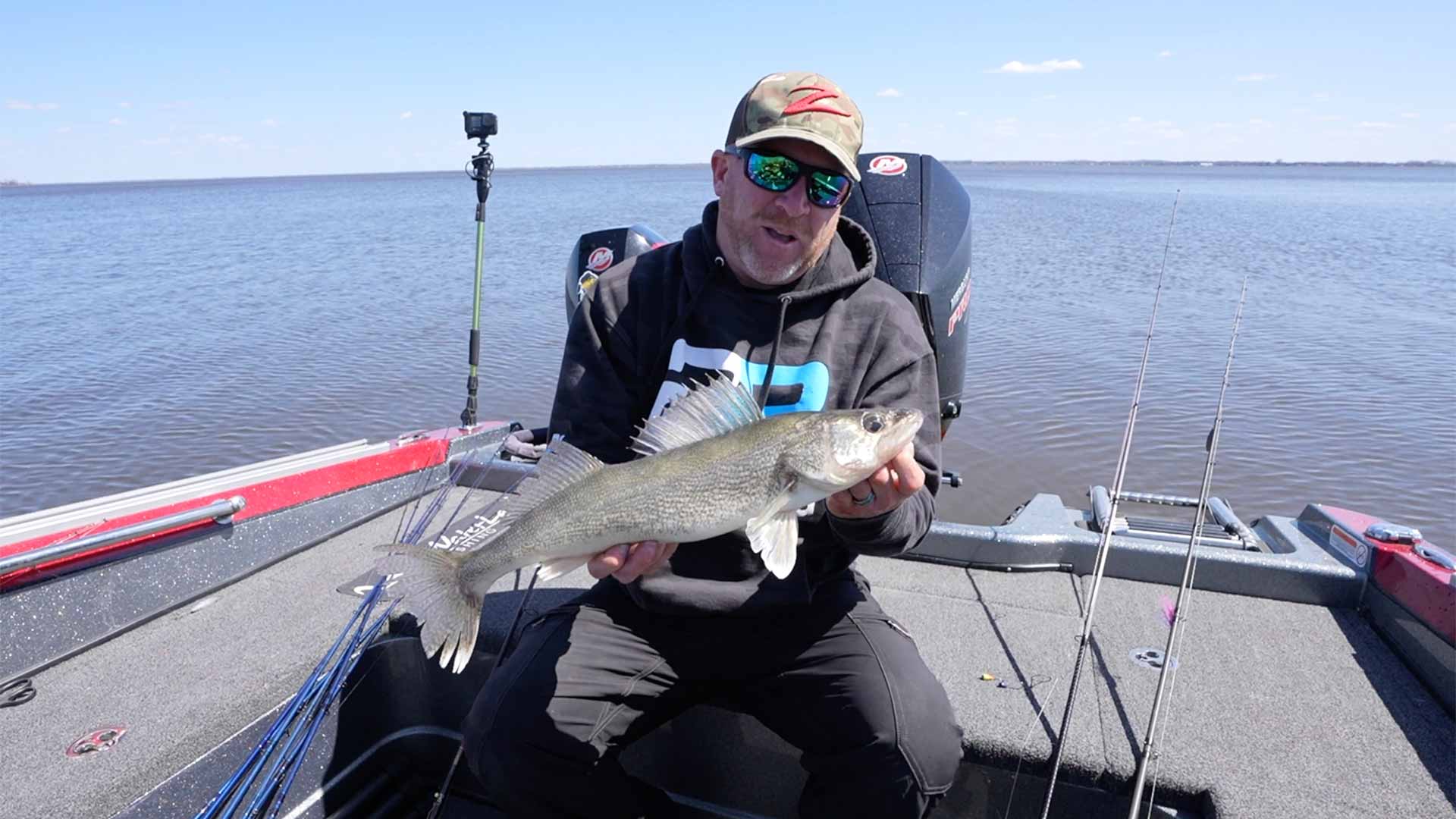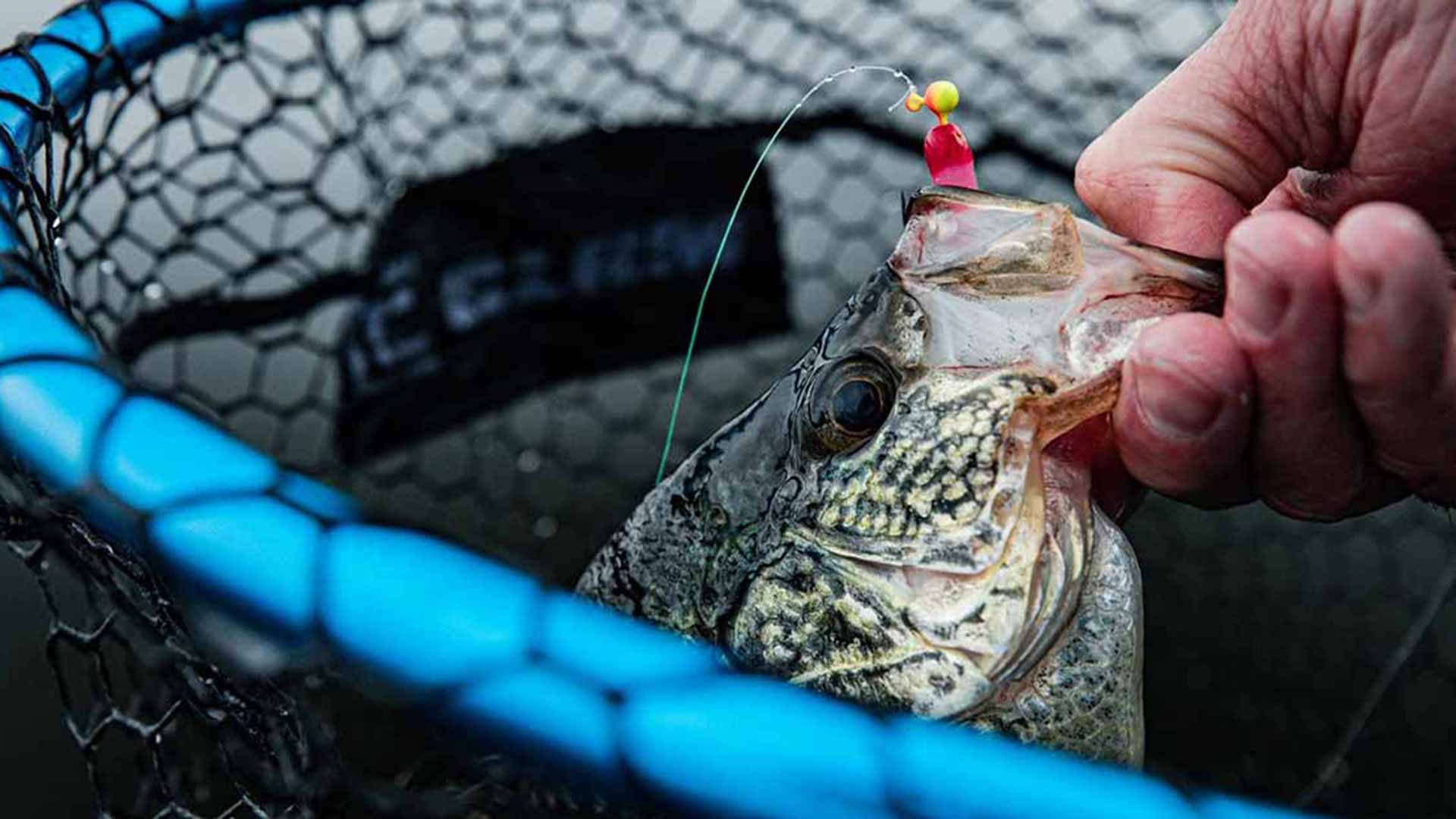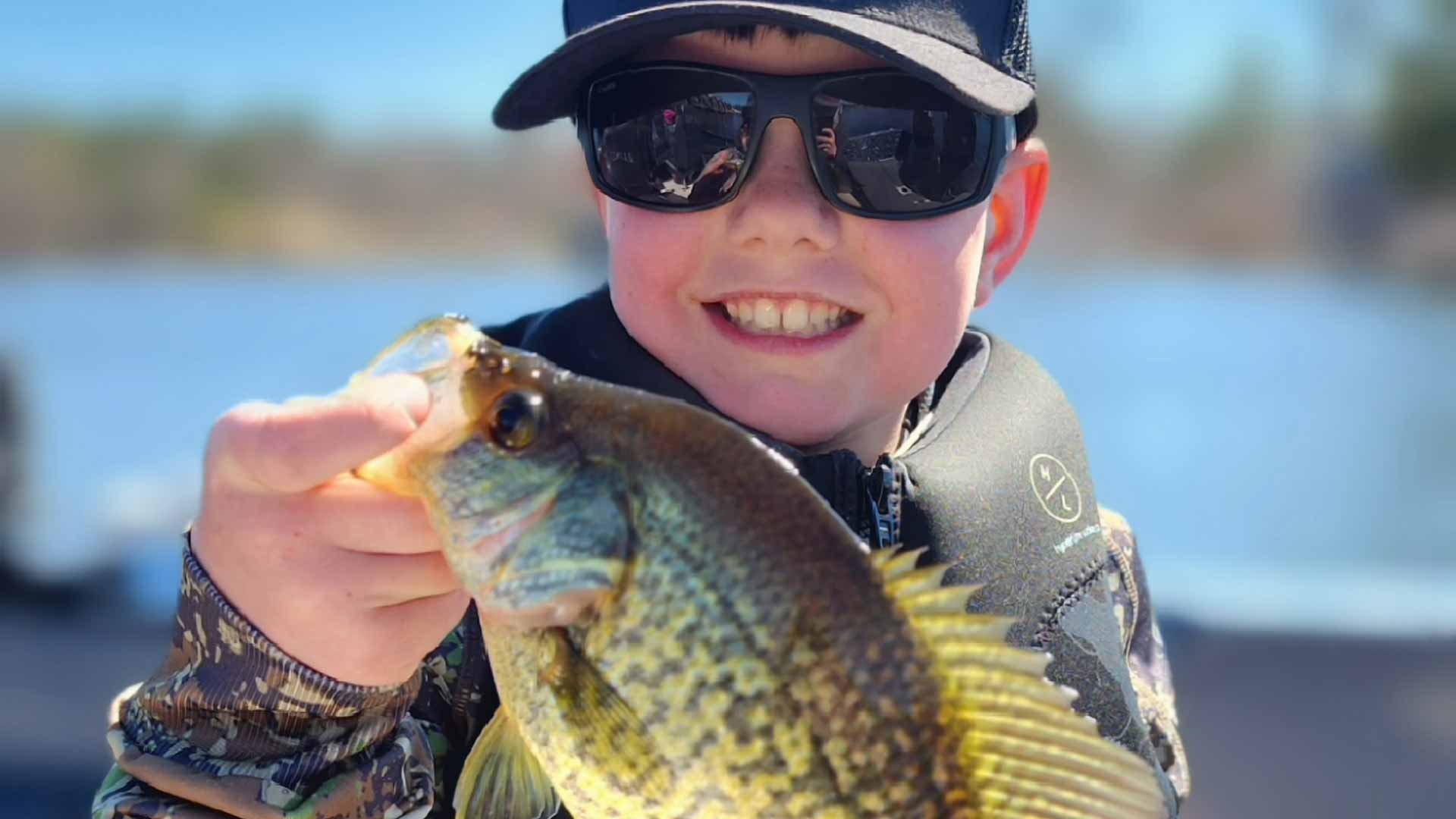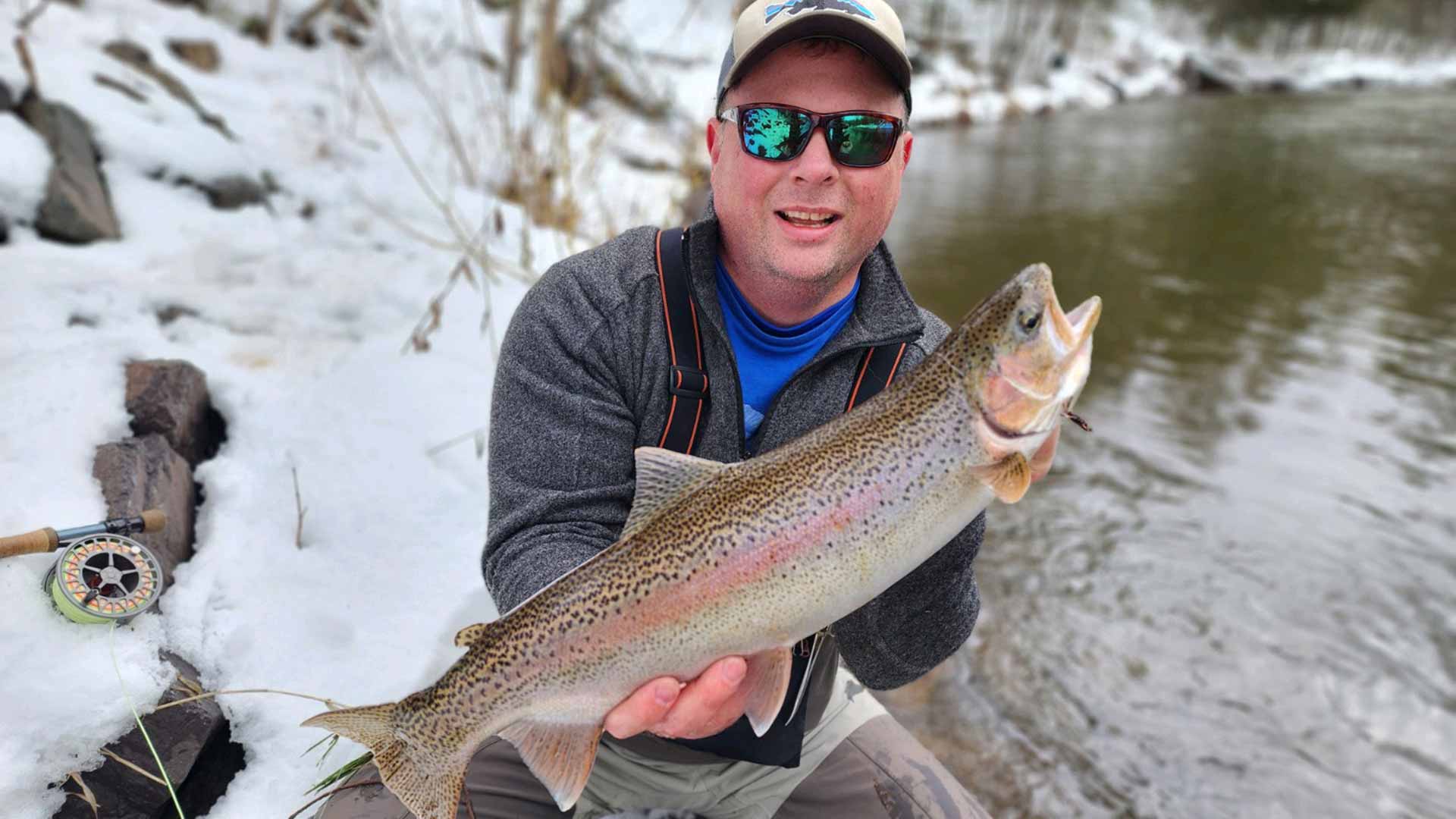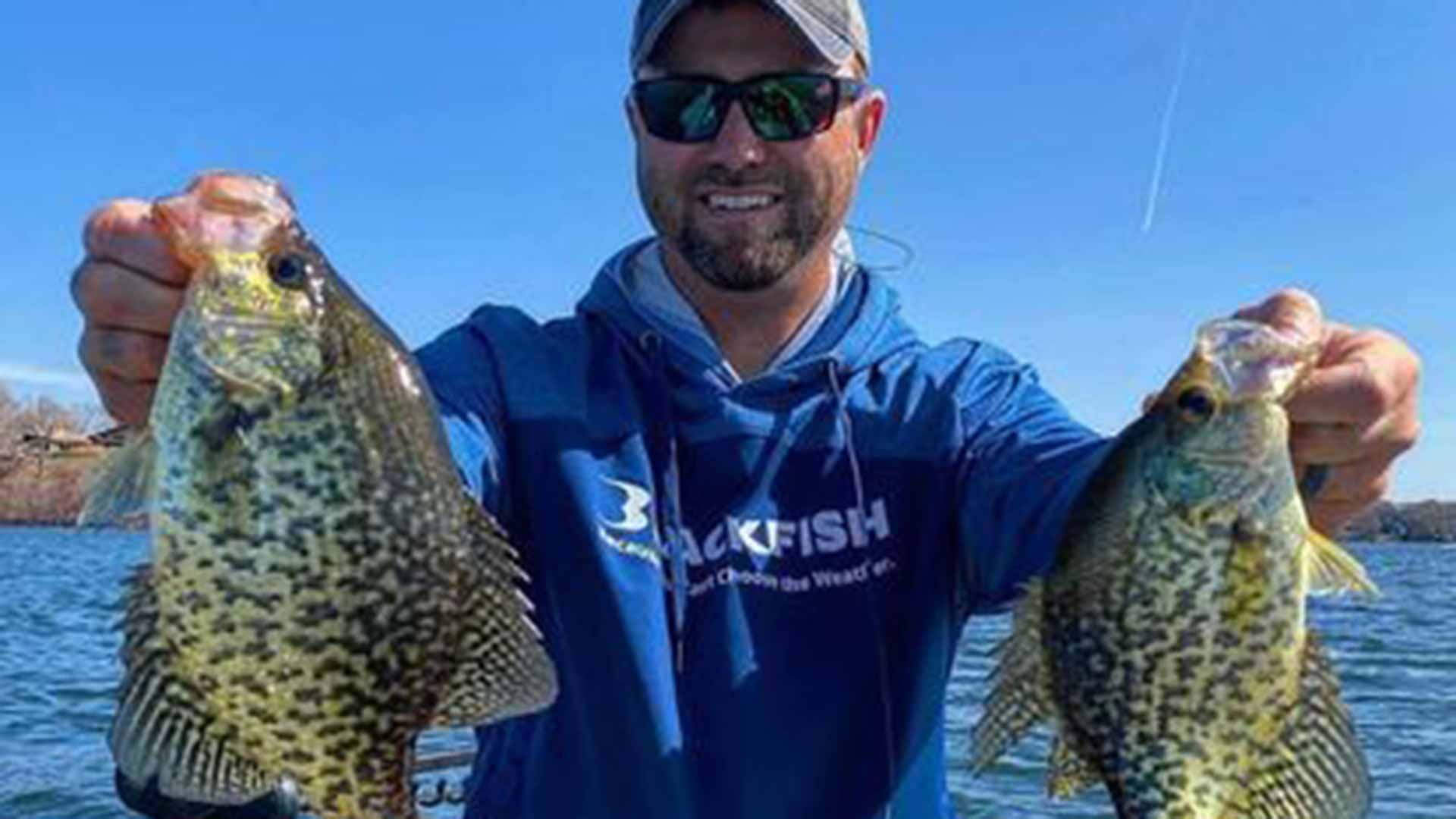Don’t sleep on ultra light crankbaits for panfish during the spring and summer months. When most people think about bluegill or crappie fishing this time of year, the first thing that typically comes to mind is livebait dangled under a bobber. While this is a great tactic for catching panfish, especially when they are in a sluggish mood, casting ultra light crankbaits an under-looked option that is extremely enjoyable and efficient for covering water.
Minnesota guide Tony Roach is a big fan of these baits. In the video above, he crushes a boatload of big panfish with this exact tactic!
“Hey, I’m Tony Roach. My son Robbie and I are doing a little panfishing today throwing ultra light crankbaits. It’s super fun fishing. I’m throwing topwater and I’m letting him throw the Husky Jerk. One thing about throwing ultra light crankbaits is you can power fish, it’s fun and visual. Like I said, I’m throwing the popper and Robbie has the Husky Jerk. You can also throw slow sinking Ultra Light Shads.
“It’s great fishing topwater, but the conditions need to be ideal. Dead flat calm, there are some bugs and the fish are up hitting the surface – we can see them as we pull up to some of these shorelines. That’s not always the case. When the wind picks up, those fish will start to sink down a little bit in the water column, so it’s great to have those other ultra light crankbait options.
“The one thing about fishing these ultra light crankbaits is making sure you’re pausing the bait. Whether you’re casting the sinking shad, just letting it flutter down into the cabbage, or the suspending Husky Jerk where it suspends and allows those fish to strike it. With the poppers, you want to pop it and let it sit there. That’s when the panfish will come up and crack that thing.
“Lastly, when we’re fishing these big panfish, it’s so important to release these things back into the lakes to grow bigger bluegills. This is something we practice on a regular basis – we throw all these big ones back. You can keep a few small ones for dinner, but these big ones should go back into the lake to spawn and do their thing.”
